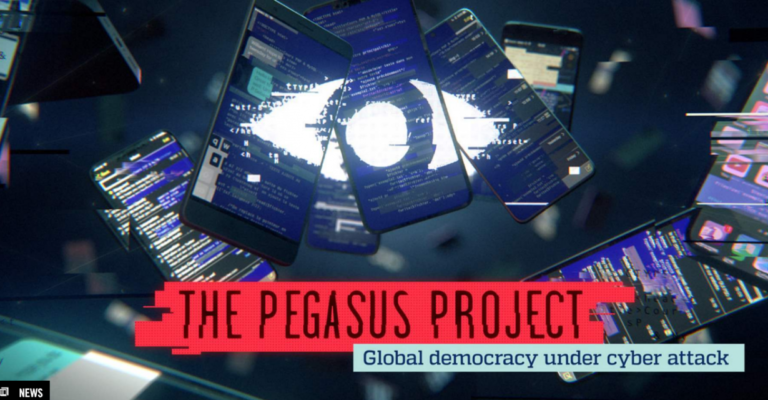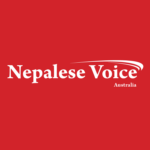
NSO Group’s spyware has been used to facilitate human rights violations around the world on a massive scale, according to an investigation into the leak of 50,000 phone numbers of potential surveillance targets.
These include heads of state, activists and journalists.
The Pegasus Project is a collaboration by more than 80 journalists from 17 media organizations in 10 countries coordinated by Forbidden Stories, a Paris-based media non-profit, with the technical support of Amnesty International, who conducted cutting- edge forensic tests on mobile phones to identify traces of the spyware.
“The Pegasus Project lays bare how NSO’s spyware is a weapon of choice for repressive governments seeking to silence journalists, attack activists and crush dissent, placing countless lives in peril,” said Agnès Callamard, Secretary General of Amnesty International.
“These revelations blow apart any claims by NSO that such attacks are rare and down to rogue use of their technology. While the company claims its spyware is only used for legitimate criminal and terror investigations, it’s clear its technology facilitates systemic abuse. They paint a picture of legitimacy, while profiting from widespread human rights violations.”
“Clearly, their actions pose larger questions about the wholesale lack of regulation that has created a wild west of rampant abusive targeting of activists and journalists.”
In a written response to Forbidden Stories and its media partners, NSO Group said it “firmly denies… false claims” in the report.
It wrote that the consortium’s reporting was based on “wrong assumptions” and “uncorroborated theories” and reiterated that the company was on a “life-saving mission”.
THE INVESTIGATION
At the centre of the investigation is NSO Group’s Pegasus spyware which, when surreptitiously installed on victims’ phones, allows an attacker complete access to the device’s messages, emails, media, microphone, camera, calls and contacts.
Over the next week, media partners of The Pegasus Project – including The Guardian, Le Monde, Süddeutsche Zeitung and The Washington Post – will run a series of stories exposing details of how world leaders, politicians, human rights activists, and journalists have been selected as potential targets of this spyware.
From the leaked data and their investigations, Forbidden Stories and its media partners identified potential NSO clients in 11 countries: Azerbaijan, Bahrain, Hungary, India, Kazakhstan, Mexico, Morocco, Rwanda, Saudi Arabia, Togo, and the United Arab Emirates (UAE).
JOURNALISTS UNDER ATTACK
The investigation has so far identified at least 180 journalists in 20 countries who were selected for potential targeting with NSO spyware between 2016 to June 2021, including in Azerbaijan, Hungary, India and Morocco, countries where crackdowns against independent media have intensified.
The revelations show the real-world harm caused by unlawful surveillance:
• In Mexico, journalist Cecilio Pineda’s phone was selected for targeting just weeks before his killing in 2017. The Pegasus Project identified at least 25 Mexican journalists were selected for targeting over a two-year period.
• Pegasus has been used in Azerbaijan, a country where only a few independent media outlets remain. More than 40 Azerbaijani journalists were selected as potential targets according to the investigation. Amnesty International’s Security Lab found the phone of Sevinc Vaqifqizi, a freelance journalist for independent media outlet Meydan TV, was infected over a two-year period until May 2021.
• In India, at least 40 journalists from nearly every major media outlet in the country were selected as potential targets between 2017 and 2021. Forensic tests revealed the phones of Siddharth Varadarajan and MK Venu, co-founders of independent online outlet The Wire, were infected with Pegasus spyware as recently as June 2021.
• The investigation also identified journalists working for major international media including the Associated Press, CNN, The New York Times and Reuters as potential targets. One of the highest profile journalists was Roula Khalaf, the editor of the Financial Times.
“The number of journalists identified as targets vividly illustrates how Pegasus is used as a tool to intimidate critical media. It is about controlling public narrative, resisting scrutiny, and suppressing any dissenting voice,” said Agnès Callamard.
“These revelations must act as a catalyst for change. The surveillance industry must no longer be afforded a laissez-faire approach from governments with a vested interest in using this technology to commit human rights violations.”






